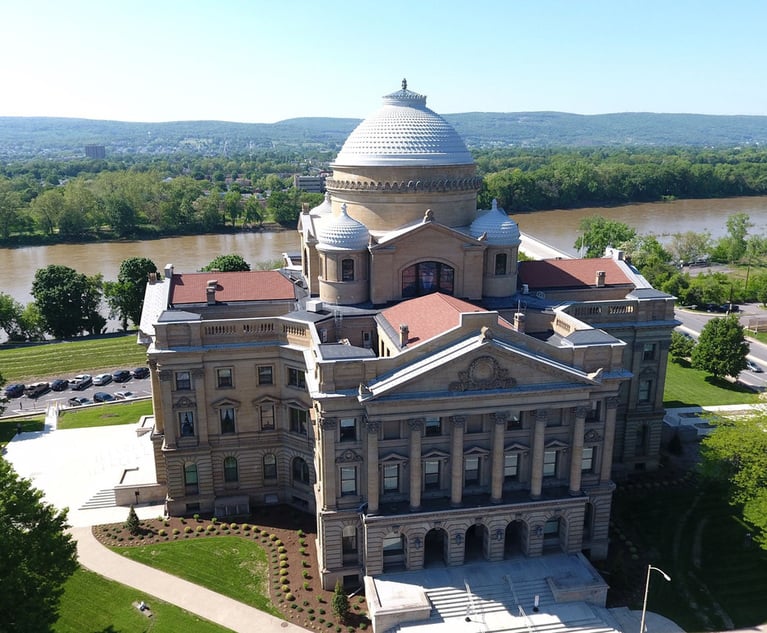Had it been successful, the Biden administration’s Student Loan Forgiveness Program would have undoubtedly been one of the most—if not the most—administration-defining and society-changing initiatives of his presidency. The program’s terms allowed for borrowers with an adjusted gross income below $125,000 in either 2020 or 2021, who had eligible federal loans, to receive loan cancellation up to $10,000 per borrower. For borrowers who received Pell Grants, they qualified for up to $20,000 in loan cancellation. In the wake of the COVID-19 pandemic, the Biden administration implemented a program that would have brought significant financial relief to millions of borrowers across the nation. But instead, Biden v. Nebraska struck down the program and further unveiled a U.S. Supreme Court willing to engage in questionable legal analyses and stand in the place of other branches of government to garner an outcome favorable to its own political ideologies.
The administration’s Student Loan Forgiveness Program was promulgated by the Secretary of Education via the Higher Education Relief Opportunities for Students Act of 2003 (HEROES Act). The history of the HEROES Act is crucial to understanding the program’s context and purpose. In 1991—in response to Operation Desert Storm—and in 2002—in response to the 9/11 terrorist attacks—Congress authorized the secretary to “waive or modify any statutory or regulatory provision” relating to student loan programs to help borrowers who had been affected by those crises. See 105 Stat. 93; 115 Stat. 2386. With those crises in the rearview, and Congress looking for a more permanent way to address future emergencies, Congress enacted the HEROES Act of 2003. The act allows the secretary to take steps “as he deems necessary” to ensure that student loan borrowers “are not placed in a worse position financially in relation to” their loans because of a “war … or national emergency.” To do so, the act enables the secretary to “waive or modify any statutory or regulatory provision applicable to the student financial assistance programs under title IV of the Higher Education Act.” In place of the provisions the secretary “waives or modifies,” he may “apply” new “terms and conditions” “in lieu of” the former ones. See Section 1098bb(b)(2).


 Lindsay Burrill-VanDellen of Berney & Sang. Courtesy photo
Lindsay Burrill-VanDellen of Berney & Sang. Courtesy photo




